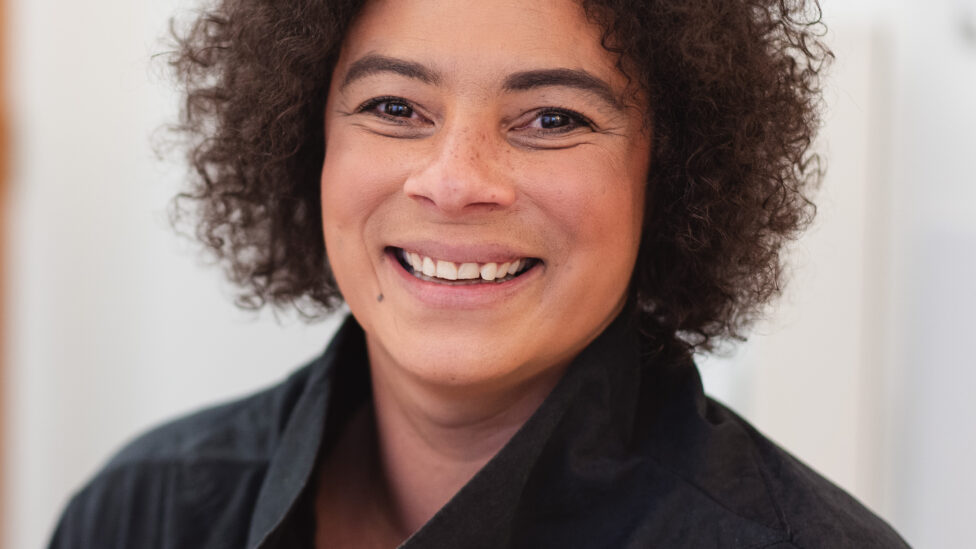How did you get into retail?
I started off in the printing industry – the manufacturing side. A lot of my accounts were retail accounts, like Aldi, Co-op and M&S. It was all about putting their marketing and POS campaigns in store, which involved understanding stores and people, as well as understanding what types of innovation to introduce into those stores doing things differently.
How did you move from that area of retail to Jisp?
I was made redundant during Covid-19 because campaigns were no longer needed in stores – they were all shut. It wasn’t planned with Jisp. I was contacted by someone at the company because they knew I understood retail. There was a lot of correlation with the work Jisp were looking to do with independent retailers. Before that, I had hundreds of products to think about. The Jisp app is just one product, so you can focus more on what the retailer needs and what will add value to their business. With more home delivery during lockdown, that was how Scan & Save was born really – trying to get people shopping again, and local at that.
What are your thoughts on the gender make-up of the convenience industry?
Independent retailers are our focus. I think it’s been a really quite male-dominated environment. I think this may be because, culturally, there are a lot of family-owned businesses, and history within these businesses. There are challenges around this, but what we are seeing is that a lot of retailers now entering the industry are couples. There’s a shift that I’m seeing with the retailers we’re involved with, as new generations come into the business.
How does this compare to the tech industry within retail?
Working in tech retail, I think it’s still quite male-orientated – certainly with the leadership roles. I think that shift is changing, as businesses have become more flexible, things have opened up more. This transcends to smaller businesses. However, going into the independent retail sector, I think that can be sometimes a bit of a challenge because culturally those businesses are accustomed to dealing with men. Big races are happening in the direction of gender equality though, and independent retailers don’t want to be left behind.
What challenges do you think women in the sector do face?
I think there are definitely cultural challenges that come about, and these are generational. If you get in front of that retailer, and have that conversation naturally, you find a mutual understanding of how to support one another in the business. When we [as Jisp] visit a store, we’re going there there to help them digitalise their business, and we’re going there to look at how we can support their store with them.
More generally speaking, in independent retail, a big challenge is finding the time with retailers – they don’t have much of it. They might feel a product being pitched at them is not specifically right for them, even though it can make a difference to their business. So there are challenges, but it’s the same as any industry.
What’s your favourite thing about working in retail?
Meeting people, and all the families of the people you meet. I’ve literally gone for meetings at retailers’ houses, because they’re so busy and have to squeeze you in. I’ve sat there while they’ve shown me their family photos and talked about their store’s history. That’s another thing I love – all the history to these stores, and the resulting impact this has in the local community. I love that we’re bringing something to retailers that can make money and support them in these businesses, we can help incentivise the shop staff too.
Read more Women in Convenience news



Comments
This article doesn't have any comments yet, be the first!